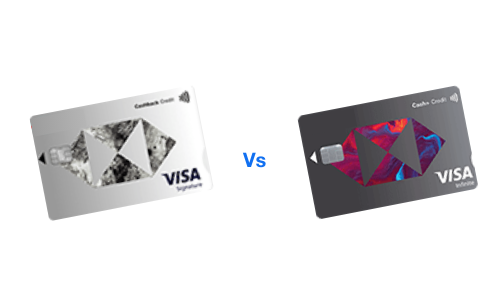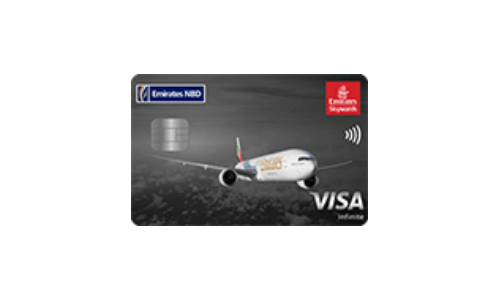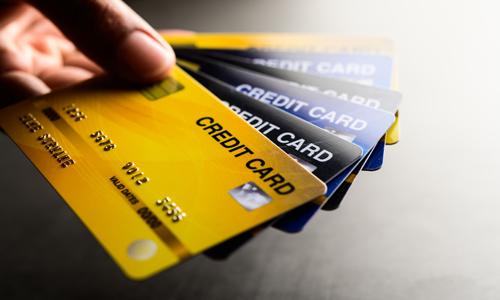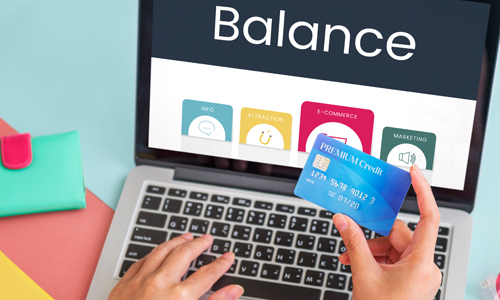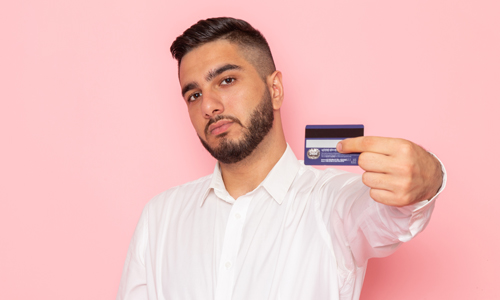The 12 Most Common Credit Card Questions

Our world is taken over by credit cards, you can’t ignore them and you can’t live without them. Regardless of that, credit cards have made our lives convenient and reduced the stress of carrying cash around. They have the ability to help you achieve your dreams by letting you own your desires.
Whether you like them or you don’t, all of us have a cloud of confusion hanging over our heads when it comes to the matter of credit cards. Knowing the powers of the plastic card can be greatly useful in being able to manage your finances better.
So, here are the top most asked questions about a credit card along with their answers to help you make the most of their boundless capabilities:
1. What’s a credit card and how different is it from a debit card?
Credit cards are provided by a credit card company or a bank that enables one to borrow money from them. The money is given under a contract that compels you to repay the amount to the company at the end of the month. The agreement also states that the borrower will have to pay interest on all outstanding balances after the end of the billing cycle.
On the other hand, a debit card allows you to pull out the money straight from your bank account. This is the money you have earned through your hard work. The other significant difference between the two cards is that a credit card if used responsibly, will help build your credit Score but the use of a debit card has no such advantage.
2. How to avail of a credit card with no credit history?
If you have no previous credit history, don’t worry since there are plentiful options available in the market with limited or no credit history. Your best course of action is to look for a card that offers the lowest fees and APR. In case it is getting difficult for you to get approved, try to look into the world of secured credit cards. The secured card requires one to make some security deposit or one can be easily added to an existing card of a family member as a formally authorized user.

3. How many cards are required for building credit?
It is hard to arrive at the ideal number of cards one should own in order for building a firm credit history. Building a credit history depends on a number of different factors. However, late payments or missing your payment altogether, the credit utilization ratio, or having too many credit inquiries, are some of the paramount factors affecting credit history.
As a beginner, it is always safer to have one or a maximum of two cards in order to make sure you are disciplined in your payment schedule. Proving that you can handle regular payments efficiently is a sign to consistently add more cards.
Other than this, one also needs to work on optimizing their ratio of credit utilization. The credit utilization ratio indicates the total amount of debt that one carries as opposed to the total credit limit. This can be done by requesting higher limits or by adding more cards. If you are careful in managing multiple credits, you can easily lower your credit utilization ratio despite carrying some balance on some of your cards.
4. Does carrying a balance on your credit card ruin your credit score?
No, not necessarily. This a myth that often haunts the cardholders. There is a misconception that if you pay your credit card bill in full each month, the card provider will not be reporting anything to the credit bureau. However, as long as you make the payment after the end of each billing cycle once you receive the billing statement, your payment will be notified to the bureau. Being regular with your payment will always count more in increasing your credit score than carrying a balance.
5. What is an instant-approval credit card?
As the name itself clarifies, an instant approval card means that you will get a quick response for your application form for getting a new credit card. Generally, it is people with a really good credit score get instant approval.

6. What are pre-approved credit cards?
Often credit card companies attempt to tempt their customers with the offer of a pre-approved credit card. Getting approval for getting credit cards can be a tiresome process involving tons of paperwork. So, the idea of a pre-approved card is definitely appealing. Pre-approved simply means that the card provider has already verified whether you meet their credit criteria or not from the credit bureau. You will nevertheless have to apply for such a card, and you might be still denied or accepted.
7. What is the right age to avail of a credit card?
Most companies offer credit cards to applicants between the ages of 21 to 60 years old. However, it is possible to get a card at the age of 18 in the UAE if one can show proof of an independent source of income.
8. What is APR and how it functions?
The annual percentage rate is known as APR. It is the interest you pay for borrowing the money on your credit card. This APR forms the majority of the lenders’ earnings. The APR is represented as an annual percentage but in reality, the card providers use it in order to calculate the charge of interest daily and then compile the monthly bill.
For daily interest charges, divide the APR with the number of days in a year, i.e., 365. The card providers then use this daily rate to multiply it to your current balance. This daily rate charge is then combined with your balance on the next day. Let’s take an example, if the APR charged on your credit card is 12%. 12% divided by 365 is equal to 0.032%. This is your daily rate. If your balance today is AED 500, then multiply 500 by 0.032%. You get AED 0.16, and this is the daily interest charge you have to pay for the day.
This charge of AED 0.16 will be added daily till the end of the billing cycle or it will change if your balance increases.
9. Why does the APR increase despite making timely payments?
There are several reasons as to why the annual percentage rate or APR increases even if you are regular with all your payments. One of the primary reasons behind this is a reduction in your credit score. Other reasons include changes in the prime rate in case you own a variable interest rate card, the promotional offer on your credit cards have ended or due to late payments.
10. Why is there an annual fee on certain cards?
Usually credit cards that come with an annual fee have partnered up with different service providers like hotels, retailer or airlines in order to offer their customers exclusive discounts. Someone who is bitten by the travel bug and flies frequently, someone who loves to stay overnight at a hotel often or someone who is a shopaholic will most certainly enjoy the benefits of these cards. The offers and rewards on these cards are much more compared to the amount you pay as an annual fee. However, for those individuals who aren’t indulging themselves in these activities as frequently, such cards are perhaps not the best choice. A credit card with no annual fee charges is a much better option for them.
11. What will happen if you are unable to pay the bill?
The good thing about owning credit cards is that you don’t have to repay the amount all at once. However, if you have outstanding balance on your any of your cards, you will be charged with interest that will keep on increasing with every passing day, making the amount way more than you initially borrowed.
If in case you completely stop the payments, a legal case can be filed against you after relentless calls for collection are made by your lender and your previous cheques have been deposited in the bank.
12. Which is better to use when shopping online- credit or debit card?
Using a credit card whilst shopping online has its share of advantages over using a debit card. These advantages include a better purchase protection, exclusive offers, additional warranties as well as rewards. Not all credit cards offer the similar benefits. While some cards provide their customers extended warranties on selected products, others give purchase protection.
Nevertheless, the most important difference arises when it comes to fraud protection. If you are unfortunately trapped in some fraudulent charges or misuse of your card, then in the case of a debit card, the amount will be deducted directly from your account. Even informing the bank of the fraud can lead to days or even months for the amount to be refunded back. A credit card on the contrary, allow you to dispute those charges and the amount will never be withdrawn from your account.
The Bottom Line
With the increasing number of credit card holders in the world, it is easy to want one for yourself too. But this leads to a million different questions puzzling you. We hope we were able to answer some of these questions. If you are having sleepless nights due to your financial worries, feel free to come back and revisit these questions and some more for that much needed peace of mind.
More From Credit Cards
- Recent Articles
- Popular Articles







